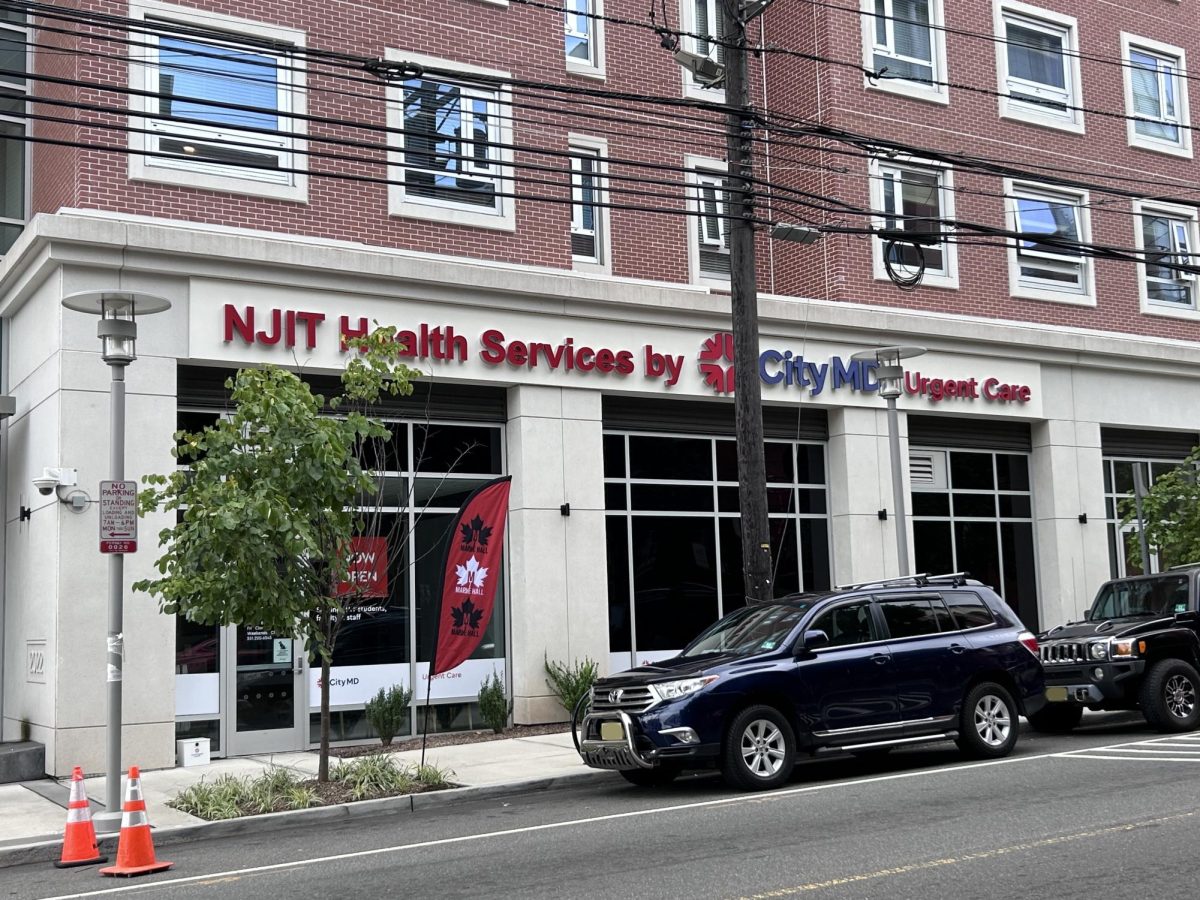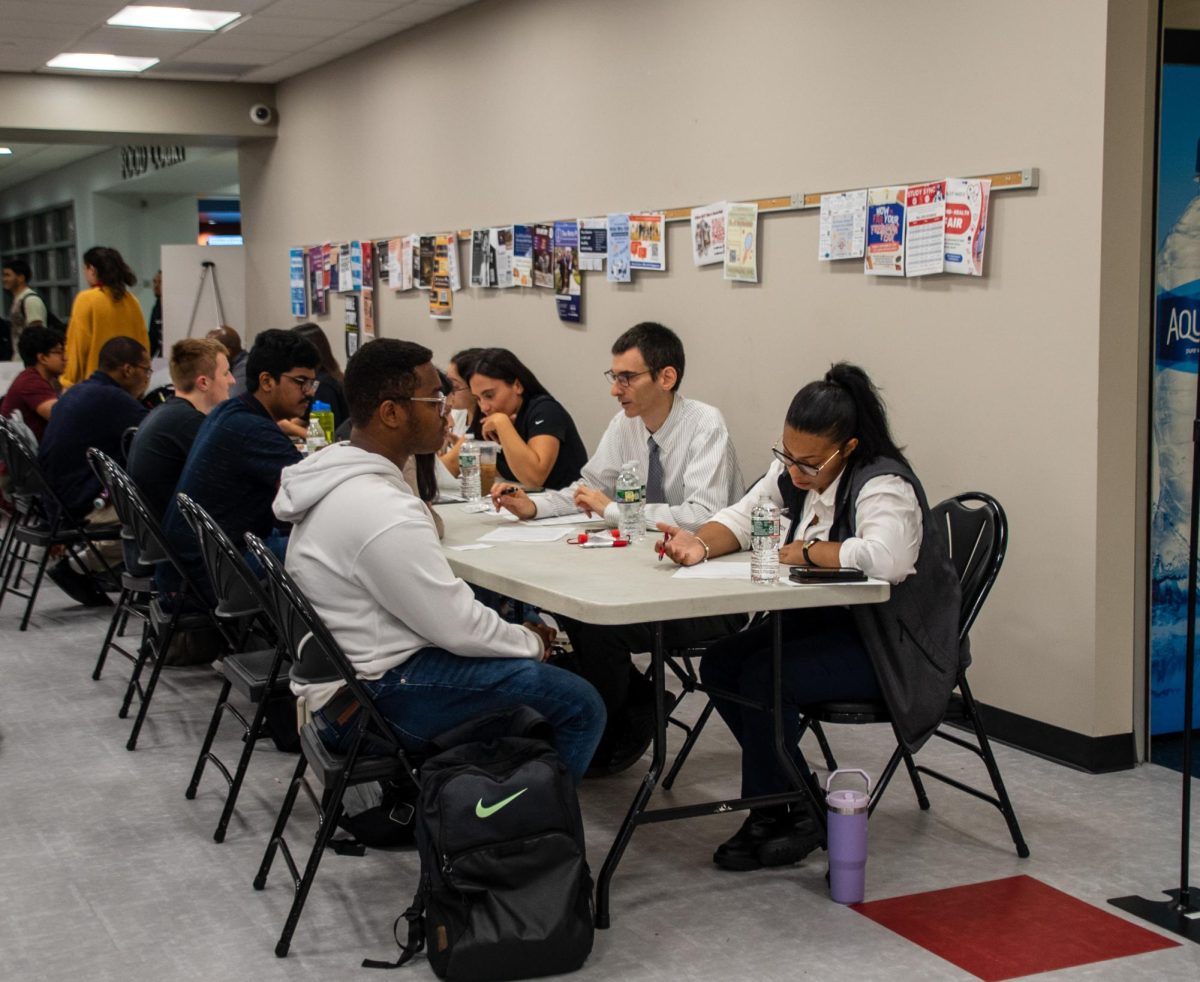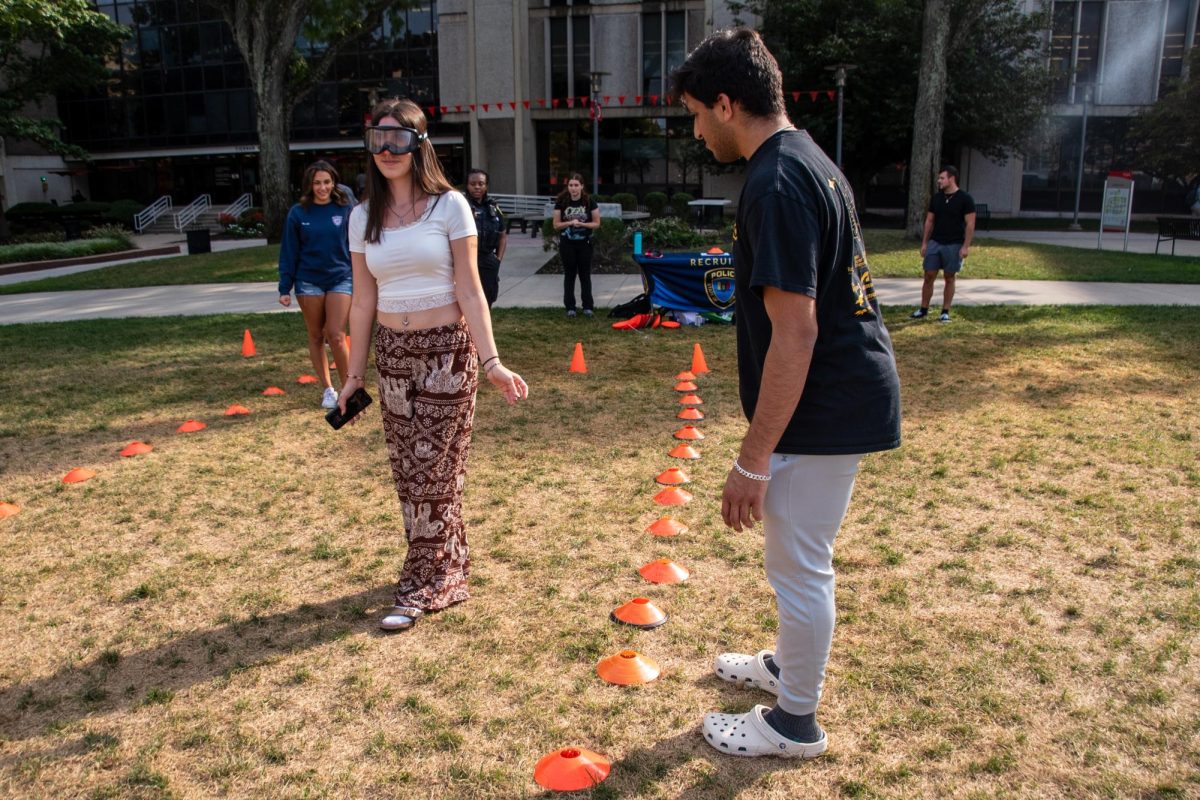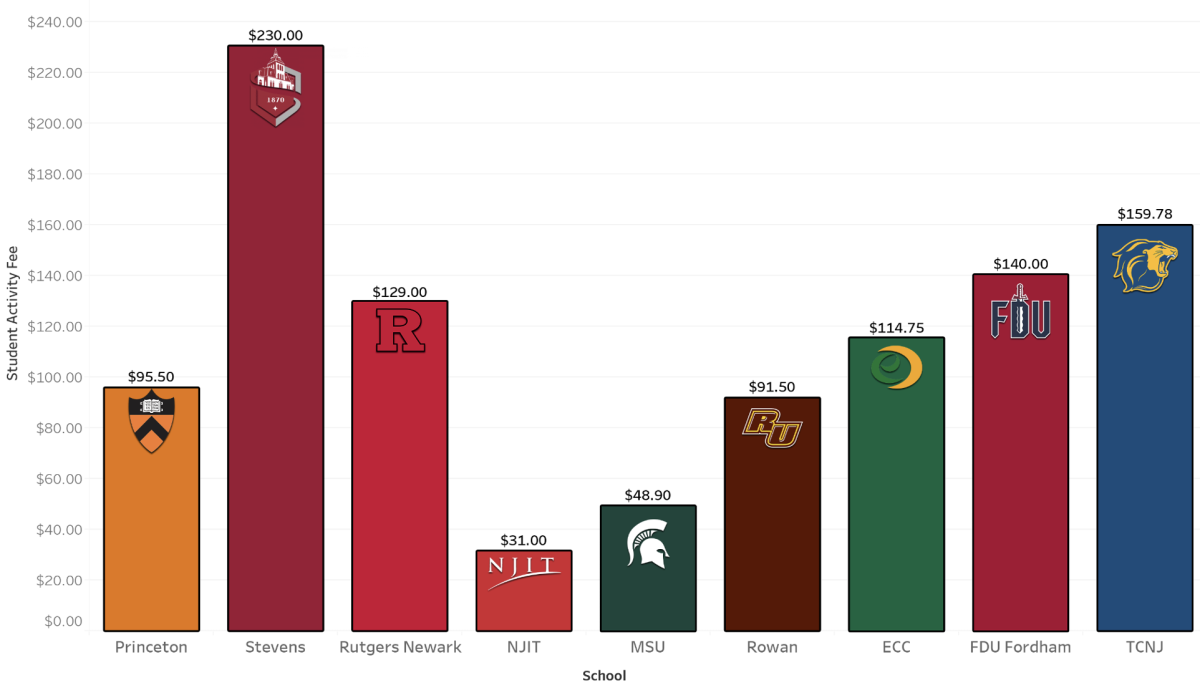Visitors to NJIT today will normally find the upper and lower greens packed with students playing volleyball, lounging in the sun, or participating in various club-hosted events. The scene is a far cry from the pandemic era, when almost all activities were halted. However, the difference between 2023’s NJIT and the university in, say, 2019 is in the sheer number of students who live on campus today.
Associate director of residence life, assignments, and staff Julio Garcia explained, “We have 2,370 residents currently. Previously, we were capped at around 2,000, but because of the addition of [Maple Hall], we should be able to expand to around 2,500.”
Director of residence life Karen Quackenbush commented, “We’re ‘full’, because the first year we opened up [Maple Hall], we changed the occupancy of some rooms from a double to a single. We didn’t want to disrupt the arrangements of the students who had booked singles that used to be doubles. However, next year, those singles will be converted back to doubles.”
“I started in the middle of the pandemic,” said Garcia, “when occupancy was low because of remote classes. As demand increased bit by bit, we converted some doubles to singles in order to accommodate students who preferred to live in singles.”
The initial change was made because Maple Hall was designed to provide housing for a certain number of students. As a result, the Office of Residence Life was anticipating that they would need to add 500 people to a new building. Normally, when a building opens, it takes numerous years to entirely fill up the hall — this year, every bed was booked almost immediately.
“This year was like a slap in the face,” Garcia said, laughing. “It was my first time experiencing a waitlist that was not for a specific type of room, but for living on campus in general.” Garcia and the Office of Residence Life worked to get students assigned, with the waitlist number decreasing from around 90 students in the summer to 25 as of the time of publication.
The drastic increase in the number of students who wanted to live on campus was partially fueled by the large size of the Class of 2027. First-year students comprise the largest portion of residents at NJIT, with nearly half living on campus. To accommodate this sudden increase, Garcia decided to reserve Cypress and Redwood Halls entirely for first-year students.
“In comparison to previous years,” added Garcia, “rather than a spike in demand, there is a slower melt.” After arriving on campus and moving in, some students cancel their contracts and move out. This year, the number of residents in this category was unexpectedly small.
“I haven’t seen the number of cancellations that I did in the last two years,” commented Garcia, “which is very telling of the experience that students want, which is to live on campus.” Yet with the increased volume of students on campus come some unexpected difficulties. Quackenbush commented, “It’s very hard to tell a student that they may have to wait until [the Office of Residence Life] can find a space for them.”
Room changes or room swaps are options for students who want to change their living situation and are available starting two weeks after the start of each semester, or September 18 for Fall 2023. “One of the struggles that we might run into is that for room changes, a list of vacant rooms is provided,” said Garcia. “This year, room swaps, or finding another person to exchange rooms, will be less challenging.”
NJIT welcomed its largest-ever class this year, and the number of students is slated to increase in future years. When asked how NJIT plans to accommodate more students who are interested in on-campus housing, Quackenbush responded, “We’ll have bigger waitlists, and the university will potentially increase on-campus housing in the future. NJIT may conduct a study, as was done with Maple Hall, to understand how many people are interested in living on campus.”
Quackenbush faced a similar situation when she was in Garcia’s role many years ago. “We built Honors, the extension to Laurel Hall, and Greek Village, which helped with the number of students,” she commented. “Each semester, we project a certain percentage of students on campus, but since COVID-19, it has become more difficult to predict what students are thinking or feeling.”
This year, the projected percentage of beds full on campus was around 80%, according to Garcia. Today, 97% of beds are full. “We wanted to get all our first-years housing, in addition to second-years, because those are critical years of development,” said Quackenbush. “Also, students who may be homeless need to be given priority.”
Quackenbush and Garcia requested that students stay up-to-date on the room selection process and reach out in advance with questions. “We want students to be autonomous in choosing their living space. However, when students miss deadlines or don’t follow the process, it becomes difficult for us to accommodate them because of how many people want on-campus housing,” Garcia explained.
“We’re very excited for the year ahead,” said Quackenbush. “We are very fortunate that in a time when some colleges are closing down because of a lack of enrollment, we are seeing this increased interest.”
“We enjoy seeing the engagement and liveliness on campus, and especially after the years during COVID-19, it’s nice to see life,” concluded Garcia.
“We want students to be autonomous in choosing their living space. However, when students miss deadlines or don’t follow the process, it becomes difficult for us to accommodate them because of how many people want on-campus housing.”
Julio Garcia, Associate Director of Residence Life































